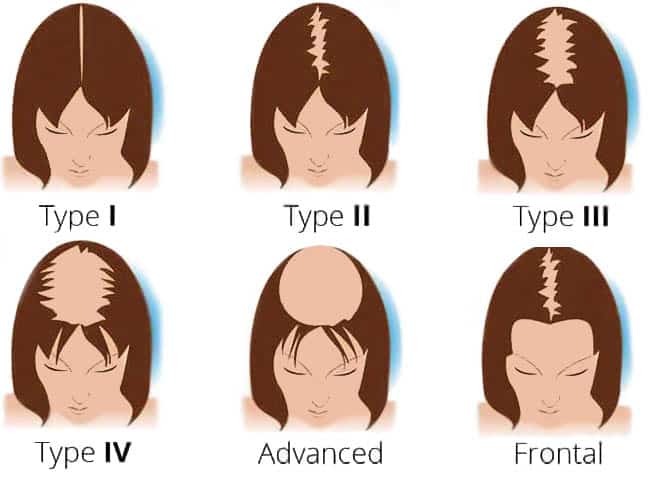Treating Female Hair Loss
There is increasing evidence to support that a surgical hair transplant procedure is the only way to permanently restore hair loss. “Dateline NBC” recently aired one of their investigative reports to support this conclusion.
Modern Procedures & Technology
A majority of women have never even thought about pursuing a hair transplant to restore hair loss. Many women have misguided and dated preconceived notions of what a procedure entails. Our highly skilled surgeons incorporate the latest technology in our procedures-patients no longer have a “plug-like” appearance after surgery. More efficient procedures and better instrumentation have made this cosmetic procedure more attractive to women. Therefore, we are seeing a large increase in the number of women considering a surgical hair transplant. Today, women represent up to 30% of hair replacement clients; as compared to roughly 5% in the 1990s.
Whether using either FUT or FUE, these modern procedures both create greater hair density by allowing for more hairs in each skin graft to be placed between existing hairs. Our surgeons utilize more precise instrumentation-allowing them to work faster with less worry about tissue injury. This technology has turned hair transplants into a minor cosmetic one-day surgery.
Ludwig Female Hair Loss Chart

Post-Surgery Expectations
Female Hair Transplant Candidates
In treating female hair loss, the best candidates for transplants are those who have a genetic condition, common female-pattern baldness. There are several causes of hair loss in women. The most common cause is heredity. The propensity to be bald is passed down from all of your relatives-not from your maternal grandfather as commonly misconceived. The higher the number of bald people in your family, the great your risk of going bald. However, hair loss in women also can be caused by variety of other factors- including childbirth, iron deficiencies, thyroid abnormalities, and autoimmune diseases.
For a free hair transplant surgery evaluation and further information about the surgical hair replacement services for women at the Hair Restoration Centers, please call now to schedule a consultation.
